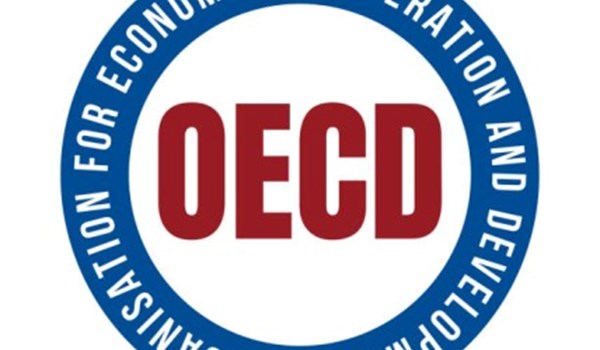Three Swiss banks have successfully conducted the first binding cross-bank payment using tokenized deposits on a public blockchain, marking a significant milestone in traditional finance’s adoption of decentralized technology.
UBS, PostFinance, and Sygnum Bank completed the transaction as part of a Deposit Token feasibility study under the Swiss Bankers Association, according to a press release on Tuesday. The payment utilized blockchain infrastructure to settle transactions between different financial institutions.
The cross-bank payment system offers potential advantages over traditional correspondent banking networks, including faster settlement times, reduced costs, and increased transparency. The use of smart contracts could also enable automated compliance and reporting functions.
“This is something really new,” said Thomas Frei, head of product innovation at Sygnum Bank. “Our tokenized deposits can be used across different banks, which is something that was not there yet.”
The study involved clients sending tokens representing bank deposits across the blockchain to settle transactions. Unlike previous tokenization efforts, such as JP Morgan’s JPM Coin which operates within a single institution, this system enables interoperability between different banks.
“Basically, what we did is we launched a kind of new form of payments on the blockchain, which is an alternative to stablecoins,” Frei explained. The tokenized deposits represent actual bank deposits that have been made usable on blockchain infrastructure.
The successful test demonstrated that banks could effectively manage counterparty risk while processing payments on public blockchain networks. The Swiss Bankers Association noted that future implementations could enable immediate, definitive payments on shared infrastructure while integrating directly into automated business processes.
The development represents a significant validation of Ethereum’s capabilities for institutional financial applications. Unlike private blockchain networks traditionally favored by banks, the use of Ethereum’s public infrastructure suggests growing confidence in decentralized systems for critical financial operations.
Switzerland’s progressive regulatory approach to digital assets has enabled banks to explore blockchain applications more freely than institutions in many other jurisdictions. The country has established clear frameworks for crypto businesses while encouraging financial innovation.
However, Frei cautioned that additional work remains before the tokenized deposit system could be commercially deployed. The banks must address regulatory requirements, scalability considerations, and operational integration challenges before broader rollout.
The successful test arrives as traditional financial institutions globally explore blockchain applications for payments and settlement. Major banks have invested heavily in distributed ledger technology, though most previous efforts focused on private or consortium networks rather than public blockchains.



